Genealogy can be a fascinating journey. Finding your ancestor’s names, what they did with their lives and what their hopes and dreams were is an amazing process. That being said, genealogical research is certainly not without its challenges.
Delving into the depths of history is no easy feat, and it can be even more difficult if your ancestors spoke another language. In many cases, a bilingual dictionary can help you in your search for your family members. What to do, however, if a word is outdated and no longer in the dictionary? While contacting a translator can help you with this problem, sometimes it can be fun to try things yourself. Below, ten common German genealogy words you will not find in a German-English dictionary:*
This post contains some affiliate links, which does not affect you at all, but does helps support my business as I earn a small amount from qualifying purchases as an Amazon associate. This in turn helps me to continue supporting you with educational (I hope!) genealogy content. That being said, I personally own – and personally love – anything I recommend, and hope that these resources help you as much as they have helped me. I couldn’t translate without them!
- Ackermann – “farmer” (Today, the German word for “farmer” is “Bauer”.)
2. Ökonom – “farmer” (In German today, this word usually means economist. In genealogical documents, however, “farmer” is the more common meaning.)
3. Häusler – “cottager” ( a small farmer who lived in their own cottage)
4. Hintersaß – “copyholder; smallholder or tenant”*
5. Chausseewärter – “caretaker of rural roads”
6. Heuerling – “self-employed farmers who usually received living quarters from the main farmer in exchange for farming”
7. Weiland – “deceased, the late” (sometimes abbreviated “weil.”)
8. Verlebten – “deceased, the late” (today the past tense of the word “spend”)
9. Dermalig – “currently, at present”
10. Allhier – “in this place, here” (Used in certificates when describing where the person was from or worked)
Helpful References for Outdated Words:
- If I Can You Can Decipher Germanic Records, Edna M. Bentz: Edna provides a list of many old-fashioned occupations and illnesses, along with their English translations.
- German to English Genealogical Dictionary, Ernest Thode
- Deutsches Wörterbuch von Jakob und Wilhelm Grimm (German Dictionary by Jakob and Wilhelm Grimm): While knowledge of German is required for this dictionary, they offer German definitions for many old-fashioned words.
- Duden.de: This German-German dictionary has many definitions that German-English dictionaries do not. If you don’t know German, simply copy and paste the Duden definition into an German-English dictionary like this one.
Best of luck with your genealogy search!
*Based on Leo German-English Dictionary
*Definition by “Heath’s New German Dictionary: In two parts, German-English–English-German.” (1888)
Image Credit:
http://hewit.unco.edu/dohist/farmrnch/food/clothing/photo3.htm
http://www.irish-genealogy-toolkit.com/Ireland-genealogy.html

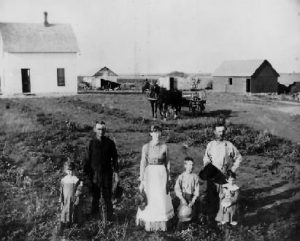
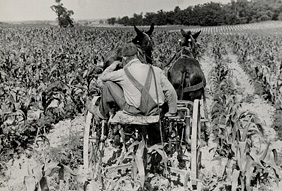
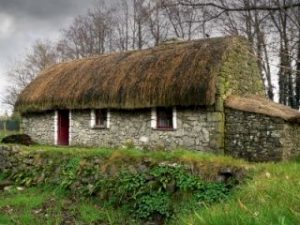
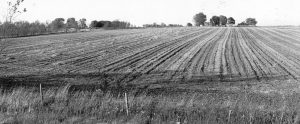
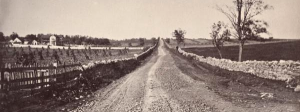
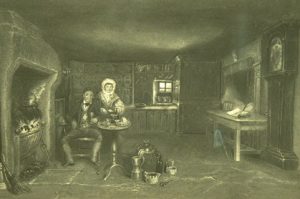
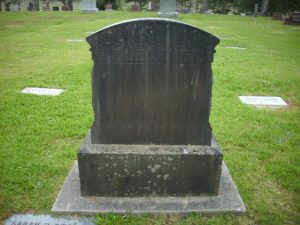

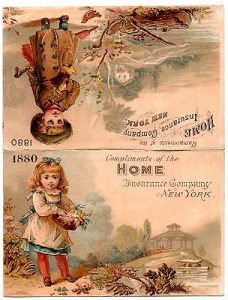
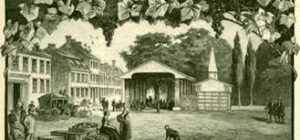
4 Responses
How interesting! I write as someone who’s interested in both the German language and family history. Not certain whether I have German ancestry, though.
I find your website very interesting. I live in Norway, but learned German in school. I am not very good, aber Ich versuche immer, mein Deutsch zu verbessern 🙂
I just wanted you to know that I linked your article in my “Friday Finds week 36” post at http://martinroe.com/blog/index.php/2016/09/09/friday-finds-week-36/
Thank you Martin! I appreciate you sharing the link!
Some alternative translations might be for:
#6. Heuerling: hireling
#7. Weiland: meadow
#9. Dermalig: at that time